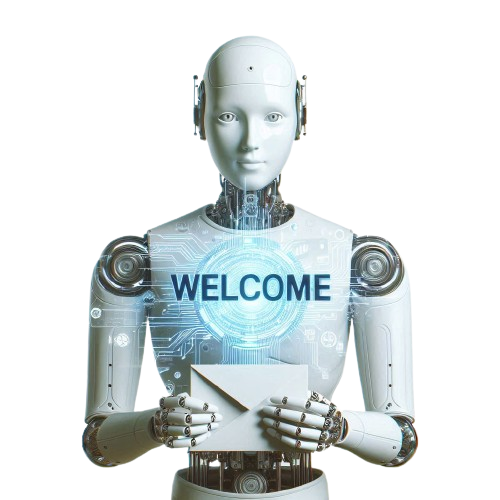1956: Dartmouth Summer Research Project on Artificial Intelligence
In the summer of 1956, a group of scientists gathered at Dartmouth College in Hanover, New Hampshire for a groundbreaking research project that would lay the foundation for the field of artificial intelligence (AI). This project, known as the Dartmouth Summer Research Project on Artificial Intelligence, brought together some of the brightest minds in mathematics, computer science, and cognitive psychology to explore the possibility of creating machines that could mimic human intelligence.
The project was organized by John McCarthy, Marvin Minsky, Nathaniel Rochester, and Claude Shannon, who were all pioneers in the field of computer science. Their goal was to investigate how machines could be programmed to perform tasks that required human-like intelligence, such as problem-solving, language translation, and pattern recognition.
During the six-week project, the participants discussed and debated various ideas and theories about how to create intelligent machines. They proposed the idea of creating a “thinking machine” that could learn from experience and adapt to new situations, much like a human being. This concept laid the groundwork for the development of neural networks and machine learning algorithms that are used in modern AI systems.
One of the key outcomes of the Dartmouth project was the creation of the term “artificial intelligence” to describe the field of study. The participants also identified several key challenges that needed to be addressed in order to make AI a reality, such as developing algorithms for learning and reasoning, creating robust problem-solving systems, and designing machines that could communicate in natural language.
Although the Dartmouth project did not result in the immediate creation of intelligent machines, it laid the groundwork for future research and development in the field of AI. The ideas and concepts that emerged from the project inspired a new generation of scientists and engineers to explore the possibilities of creating machines that could think and learn like humans.
Today, AI technologies are used in a wide range of applications, from virtual assistants like Siri and Alexa to self-driving cars and advanced medical diagnostics. The Dartmouth Summer Research Project on Artificial Intelligence was a pivotal moment in the history of computer science, and its legacy continues to shape the future of AI research and development.

